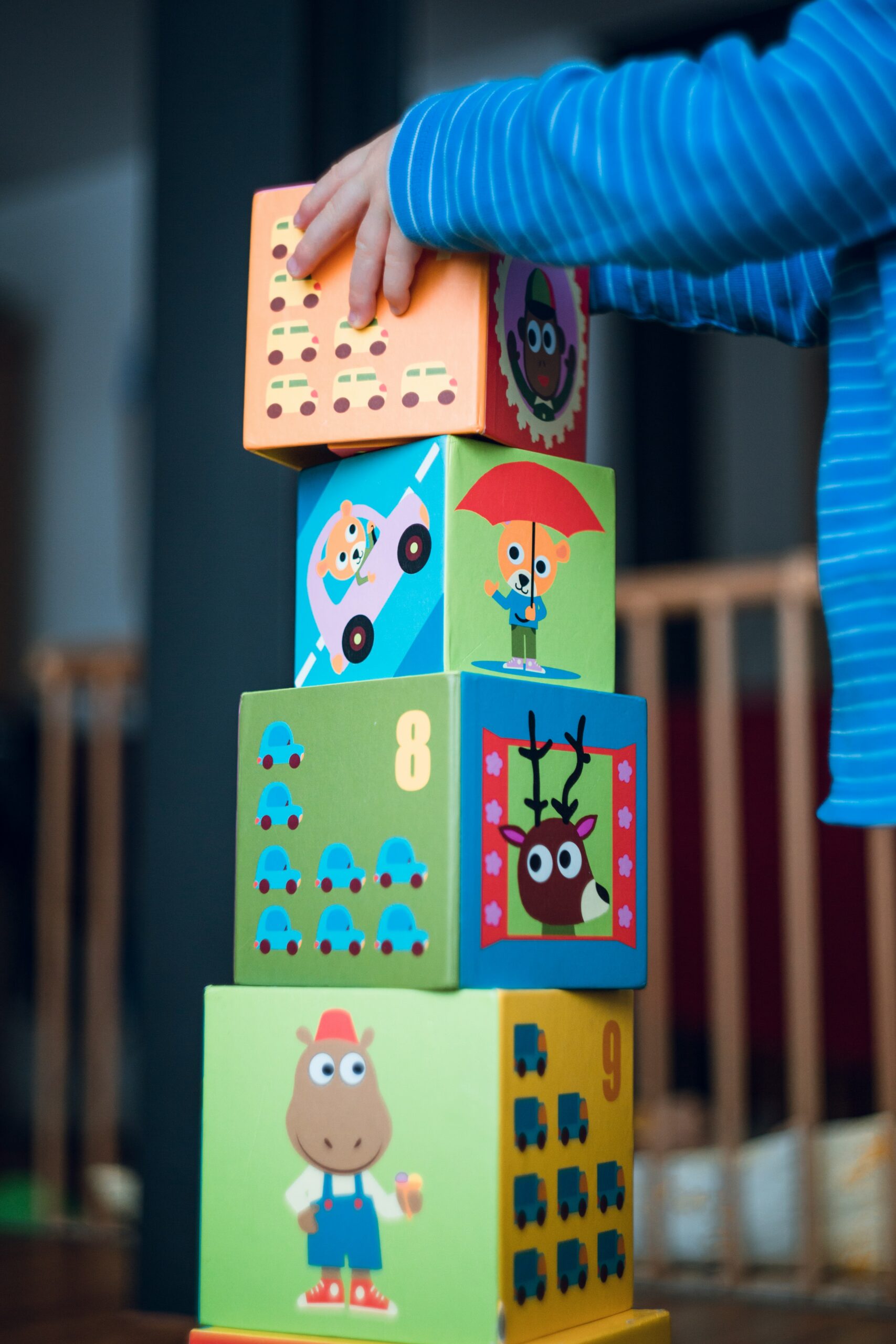

Introduction to the Importance of Play
Play isn’t just for kids. It’s a fundamental part of our existence that often gets pushed aside in the hustle and bustle of daily life. But what if I told you that incorporating fun and games into our routines could be key to enhancing our well-being? Think about it—a laugh shared with friends, an impromptu dance party in your living room, or even a friendly game night can spark joy and creativity. The psychology behind play is rich and fascinating, revealing how engaging in playful activities can boost mental health, strengthen social bonds, and promote personal growth. So why not explore the importance of play? Let’s dive into this joyful realm where happiness meets psychological benefits!
The Evolutionary Purpose of Play
Play is not just a whimsical pastime; it has deep evolutionary roots. From early humans to modern society, play serves crucial survival functions.
In the animal kingdom, young creatures engage in playful behaviors that mimic real-life challenges. These activities sharpen their instincts and prepare them for adult roles. For instance, cubs wrestle to develop hunting skills while learning social dynamics within their packs.
Humans exhibit similar tendencies. Children explore their environment through play, enhancing cognitive abilities and problem-solving skills critical for survival. This exploration fosters creativity and adaptability—traits essential in an ever-changing world.
Moreover, play strengthens bonds among peers and families, reinforcing cooperation and communication needed for community survival. It’s nature’s way of ensuring we thrive together rather than alone by building trust through shared experiences.
The act of playing transcends entertainment; it’s woven into our very fabric as a means of growth and connection across generations.
The Benefits of Play for Mental Health
Play has a remarkable ability to boost our mental health. Engaging in fun activities can reduce stress and anxiety, providing an escape from daily pressures. When we play, our brains release endorphins, those feel-good chemicals that act as natural painkillers.
It also fosters creativity. Immersing ourselves in games or imaginative activities unlocks new ways of thinking and problem-solving. This shift in perspective can be refreshing when faced with life’s challenges.
Moreover, play encourages mindfulness. Being fully present during play allows us to disconnect from worries about the past or future. It cultivates a sense of joy that enhances overall well-being.
Additionally, it promotes resilience by allowing us to experience failure in a safe environment. Overcoming setbacks while playing builds confidence and helps us tackle bigger obstacles outside of playtime.
The Role of Play in Social Development
Play is a powerful tool for social development. It fosters connections and builds relationships among individuals, regardless of age. Through games and playful interactions, we learn essential skills like sharing, cooperation, and conflict resolution.
When children engage in play, they navigate complex social situations. They negotiate rules with peers and find ways to express emotions constructively. These experiences lay the groundwork for future interpersonal skills.
For adults, play can revive those early lessons in teamwork and communication. Engaging in fun activities together strengthens bonds within families or teams at work. Laughter shared during a game creates an atmosphere of trust.
Moreover, play encourages empathy by allowing us to see things from different perspectives. Whether it’s through cooperative board games or group sports, each interaction teaches us about understanding others’ feelings and motivations.
How Adults Can Incorporate Play into Their Lives
Finding ways to incorporate play as an adult can be refreshing. It doesn’t have to involve elaborate planning or complex games.
Consider joining a local sports league. Whether it’s soccer, volleyball, or ultimate frisbee, these activities provide physical exercise and camaraderie.
Board games are another great avenue. Gather friends for a game night filled with laughter and light-hearted competition.
Don’t overlook creative hobbies like painting or crafting. Engaging in art allows self-expression while tapping into your playful side.
Even simple activities count—like building a pillow fort at home or playing with pets in the park. These moments foster joy and spontaneity.
Take advantage of downtime by exploring new apps designed for mindfulness through fun activities. Embracing small pockets of play throughout your day can create positive shifts in mood and energy levels.
Conclusion: Embracing Play for a Happier and Healthier Life
Embracing play can transform our lives in remarkable ways. It invites joy into the mundane and fosters connections with others. Whether it’s a game of cards, a spontaneous dance party in your living room, or exploring new hobbies, engaging in playful activities nurtures our spirit.
As we navigate daily stressors, the importance of play becomes even clearer. It encourages creativity and problem-solving while allowing us to release tension and anxiety. The laughter shared during lighthearted moments creates bonds that strengthen relationships.
Incorporating play doesn’t have to be complicated. Simple acts like playing fetch with a dog or joining a local sports league can spark happiness. Adult responsibilities may weigh heavily on us, but making time for fun is essential for balance.
The journey toward well-being includes prioritizing enjoyment alongside productivity. So let go of inhibitions, embrace spontaneity, and remember that every day holds an opportunity for playful moments that enrich life’s experience. Choose to make play an integral part of your routine—it might just be the key to unlocking a happier you.
